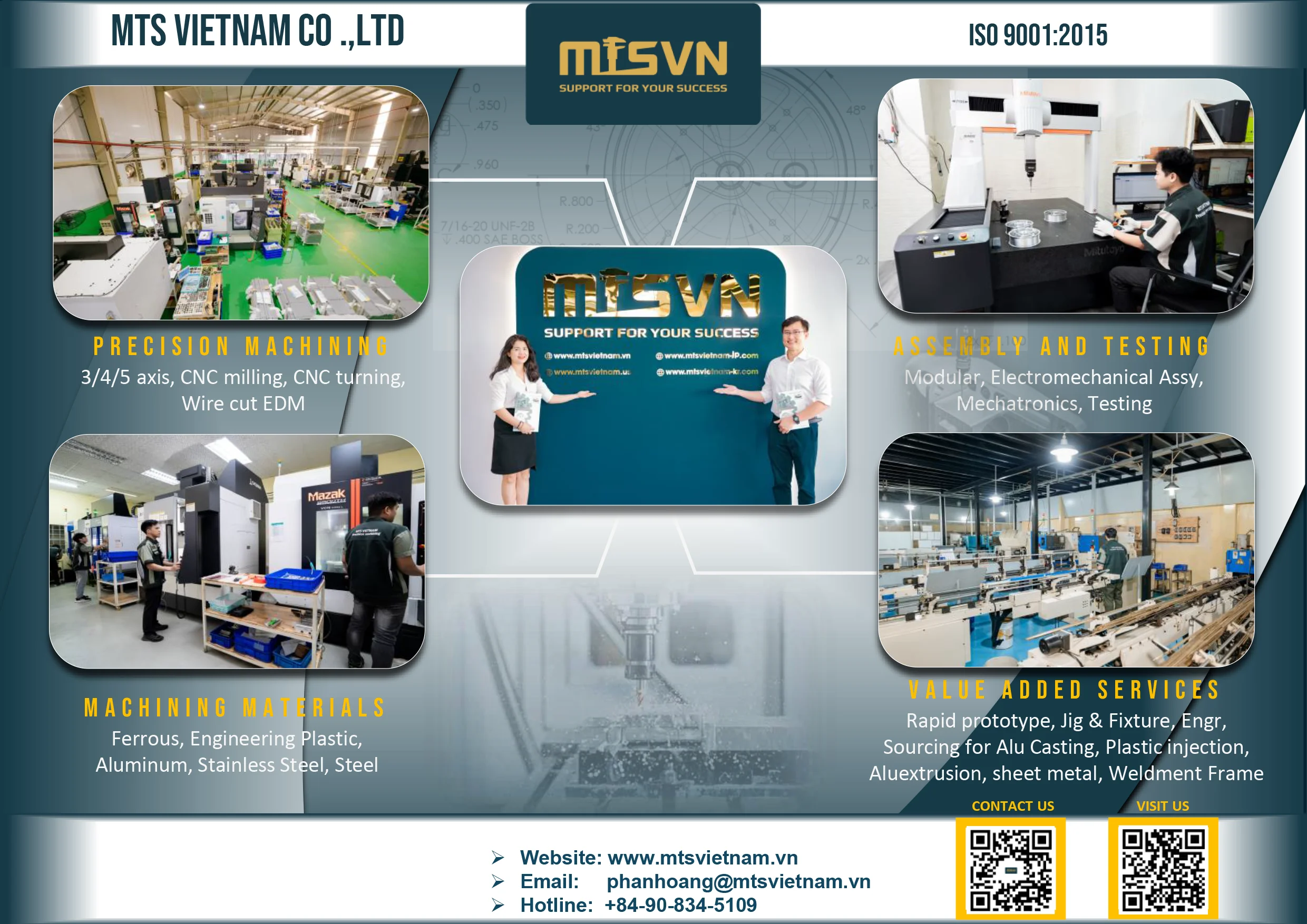Introduction
In the global marketplace, the ability to compete effectively across different regions is crucial for the success of any industry, particularly in the mechanical sector. The Japanese Industrial Standards (JIS) provide a framework that enhances the international compatibility of products manufactured in Japan, making them more appealing and adaptable to global markets. This article explores how JIS facilitates this compatibility and the benefits it brings to the mechanical industry.
Understanding JIS
The Japanese Industrial Standards (JIS) are comprehensive guidelines that govern the quality, safety, and efficiency of products and services in Japan. For the mechanical industry, these standards ensure that machinery and components meet specific criteria that are often aligned with international standards, making them suitable for global distribution.
Enhancing International Compatibility
- Alignment with Global Standards: JIS often mirrors international standards such as those set by the International Organization for Standardization (ISO) and the International Electrotechnical Commission (IEC). This alignment simplifies the process for Japanese products to meet international compliance, reducing barriers to entry in foreign markets.
- Consistency in Quality: By adhering to JIS, manufacturers can guarantee a consistent level of quality that is recognized globally. This consistency is crucial when competing in international markets, where varying standards can complicate trade and customer acceptance.
- Facilitating Cross-border Collaboration: Standardized practices and benchmarks make it easier for Japanese companies to engage in partnerships and joint ventures with foreign firms. These collaborations often lead to innovations and business expansions that might not be possible without a common set of standards.
- Ease of Integration: Products designed and manufactured under JIS standards are more likely to be compatible with other products in international systems, simplifying the integration process in larger assemblies or systems. This compatibility is particularly important in industries such as automotive and electronics, where components from multiple sources must work seamlessly together.
Benefits of Improved International Compatibility
- Broader Market Access: Products that meet international standards through JIS can access a wider array of markets without needing significant modifications. This broad market access is vital for growth and sustainability in the competitive global economy.
- Enhanced Brand Reputation: Companies that produce internationally compatible products are often viewed as more reliable and of higher quality. This reputation strengthens brand image and customer loyalty across different regions.
- Regulatory Compliance: Meeting international standards helps ensure compliance with regulations in various countries, reducing legal risks and the potential for non-compliance penalties.
- Cost Efficiency: Standardization reduces costs related to adapting products for different markets. Companies can leverage economies of scale by producing a single product version that is acceptable in multiple markets.
Challenges and Strategic Implementation
Implementing JIS for international compatibility does not come without challenges. It requires a proactive approach to standardization and a deep understanding of both domestic and international regulatory landscapes. Companies must invest in research and development to keep up with evolving standards and market requirements.
Conclusion
Improved international compatibility is a significant benefit of the Japanese Industrial Standards in the mechanical industry. By ensuring that products meet both national and international criteria, JIS helps Japanese companies enhance their market presence, compete effectively on a global scale, and contribute to the robustness and resilience of their industrial outputs. As globalization continues to shape the mechanical industry, the role of JIS in fostering international compatibility will undoubtedly remain crucial.
MTS Vietnam is a prominent company specializing in precision mechanical components fabrication. Established in 2017, it has quickly become a reputable name in the Vietnamese and Southeast Asian markets. The company's expertise lies in CNC milling and turning parts made from a variety of materials, including Aluminum, Steel, Stainless, POM, and other engineering plastics. MTS Vietnam is dedicated to supporting the success of its customers and strives to be a leading company in the field of precision mechanical processing both in Vietnam and internationally.
In addition to its fabrication services, MTS Vietnam offers assembly services for components and machines, as well as CNC program services. This comprehensive range of services is aimed at providing optimal solutions and benefits to its customers through the company's ecosystem and strengths. MTS Vietnam emphasizes the importance of investing in new technology and quality control equipment to ensure that it can deliver merchandise at competitive prices and within the required deadlines.
WORKSHOP: 248/10 ĐT743A Street, Binh Thung 1 Quarter, Binh An Ward, Di An City, Binh Duong Province, Vietnam
Tel/zalo/viber: 0908.345.109
Email: phanhoang@mtsvietnam.vn | info@mtsvietnam.vn
Website: www.mtsvietnam.vn (Global Market) | www.mtsvietnam-jp.com (日本)
For USA Sales, please contact MTS USA at:
Tel/zalo/viber: 978-777-1716
Email: sales@mts-usasales.com
Website: www.mtsvietnam.us (US Market)







